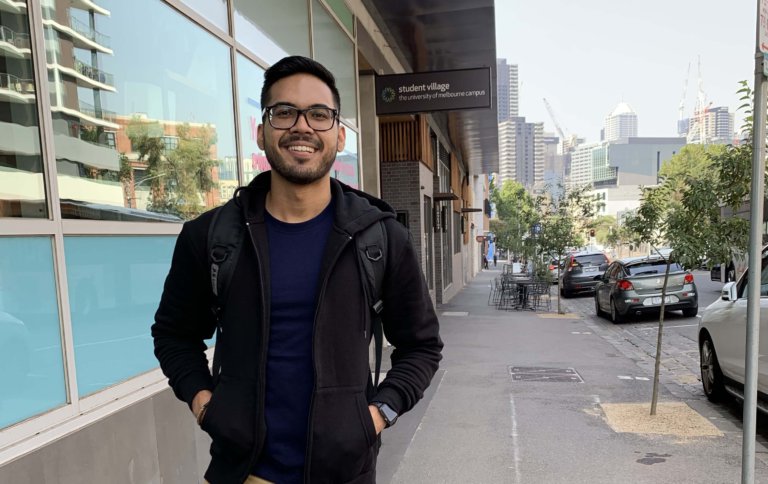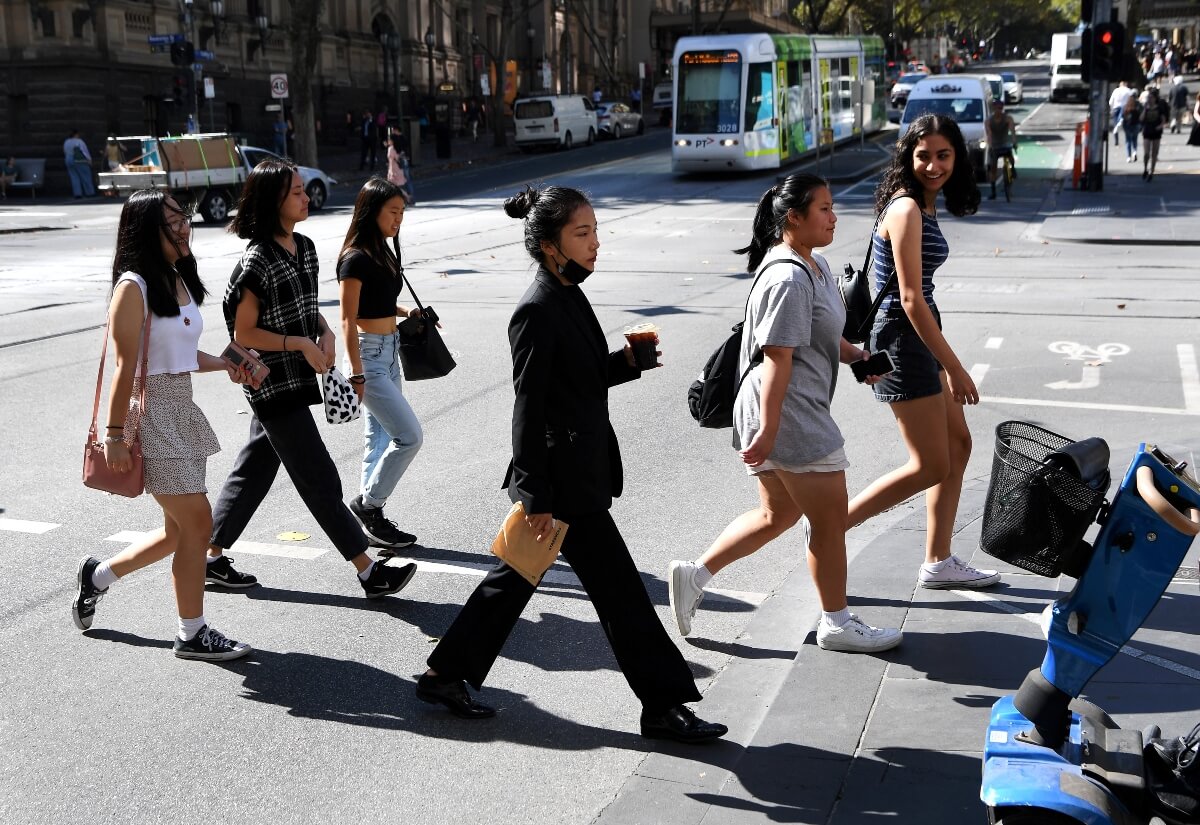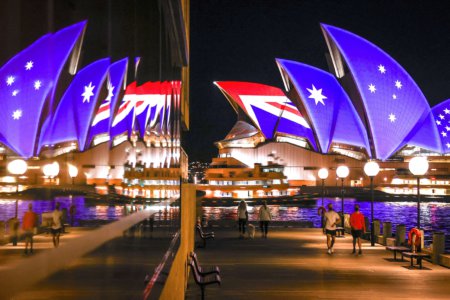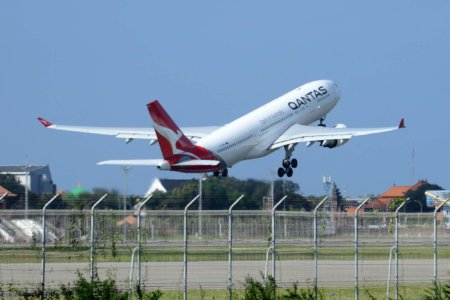
Australia has long been a leading study abroad destination for international students, with many choosing to study in Melbourne. It’s unsurprising, given how the Land Down Under is home to many of the world’s top institutions like the University of Melbourne.
The pandemic and the country’s tough border restrictions, however, hasn’t been kind to many international students who have been eagerly waiting to return to Australia. On Nov. 29, Australian Prime Minister Scott Morrison announced that the country would delay the reopening of its borders from Dec. 1 to 15.
Amrit Kurup, a 25-year-old Sri Lankan from the University of Melbourne, can attest that it has been an emotional rollercoaster ride in keeping up with updates on the easing of Australia’s border restrictions. His decision to study at a top university in Melbourne motivated him to work hard, but doing so remotely has been a draining process. We talk to him more about it below:
Is that real??? 😭😭😭😭♥️ #LetUsBackToAus https://t.co/JtGf7pQcty
— N.Student (@A_StudentatAust) December 12, 2021
Where does your interest in IT come from?
I’ve always been passionate about technology since a young age which led me to pursue my undergraduate degree in IT. There, I got to focus on the more business side of all IT-related things.
Thus, after two years of working in the IT industry, I felt like it was time for me to expand my knowledge and experience a foreign culture by getting a postgraduate degree.
What made you decide to study in Melbourne and at the University of Melbourne?
It was the first choice that came to mind. Firstly, I loved the diversity, culture, way of life and authenticity of all the Australian cities which solidified my decision.
Secondly, I had a lot of family and friends that supported my choice to study in Melbourne. I also had a few friends who were enrolled at the University of Melbourne and I got to know how highly regarded the institution was.
The fact that it was challenging to get into, motivated me to work hard in ensuring I had a strong application.

Many international students choose to study in Melbourne, which is home to top institutions such as the University of Melbourne. Source: Willian West/AFP
What are the challenges that you’ve faced with your choice to study in Melbourne?
I would say the entire process of studying online is quite mentally and physically draining. When it comes to the time difference, looking at a screen all day, group meetings via Zoom, and absolutely zero physical interactions, is tough.
I remember having a certification training which took place at 3:30 a.m. which is quite crazy.
Although these negatives were in place, I always tried to stay positive with the progression of my studies by working with my peers who were going through the same.
In order to overcome these challenges, I ensured a weekly plan was laid out with all of my lecture and tutorial times to my local time. This weekly plan also consisted of the relevant readings, lecture videos and preparing for tutorials.
Fingers crossed #LetUsBackToAus
Source: https://t.co/tyqksxyZxg pic.twitter.com/TmeJpFNUn5— international student AU (@AbdullahJawai17) December 12, 2021
Additionally, I took note of my deadlines for the semester which helped me get a birds-eye view of what I was up against. I would recommend “Notion” for all students as it’s really valuable for taking notes, creating weekly/monthly plans, and keeping a calendar with all your deadlines.
Another way I overcame my challenge of not being able to study in Melbourne was by taking every “online” opportunity with open arms. This could be with extra seminars, guest lectures, free uni programmes/certifications, and simple things like speaking up during classes to engage more.
What more do you think should be done to help support international students stranded outside Australia?
Australia recently announced an extension for a certain amount of work visas and flexibility when it comes to including remote students in the visa applications. This is definitely a step in the right direction but I also feel there is much more the country could do for international students.
Showing empathy and understanding to those who have been stuck outside for almost two years is essential. Some of the temporary visa holders haven’t seen their families for so long too.
It’s understandable that Australia is protecting its citizens and national interests, but students and visa holders are a vital part of the country’s culture and diversity. The steps that were taken by the governments with the new COVID-19 variant prioritises safety but we all know there will be many more different variants in the future.
We must learn to live with the virus. We’re all willing to do our part — get vaccinated, wear masks, social distance, and sanitise regularly.
View this post on Instagram
Have you received any support from the University of Melbourne?
Yes, they provided maximum support especially during the initial stages of shifting to remote learning. They provide us with the necessary tools to set up a Zoom Pro account as well.
The lecturers and tutors also were very understanding and showed empathy by supporting our learning in the best way possible. This was done through e-learning materials and extra support sessions.
What advice would you give international students who want to study in Melbourne or Australia?
I would still say Melbourne is still on the top list for my choice of study destinations. Although there may have been a lot of false promises and hopes, I presume the country will change their stance against students and skilled migrants as they realise how valuable they are to the Australian society and community.










